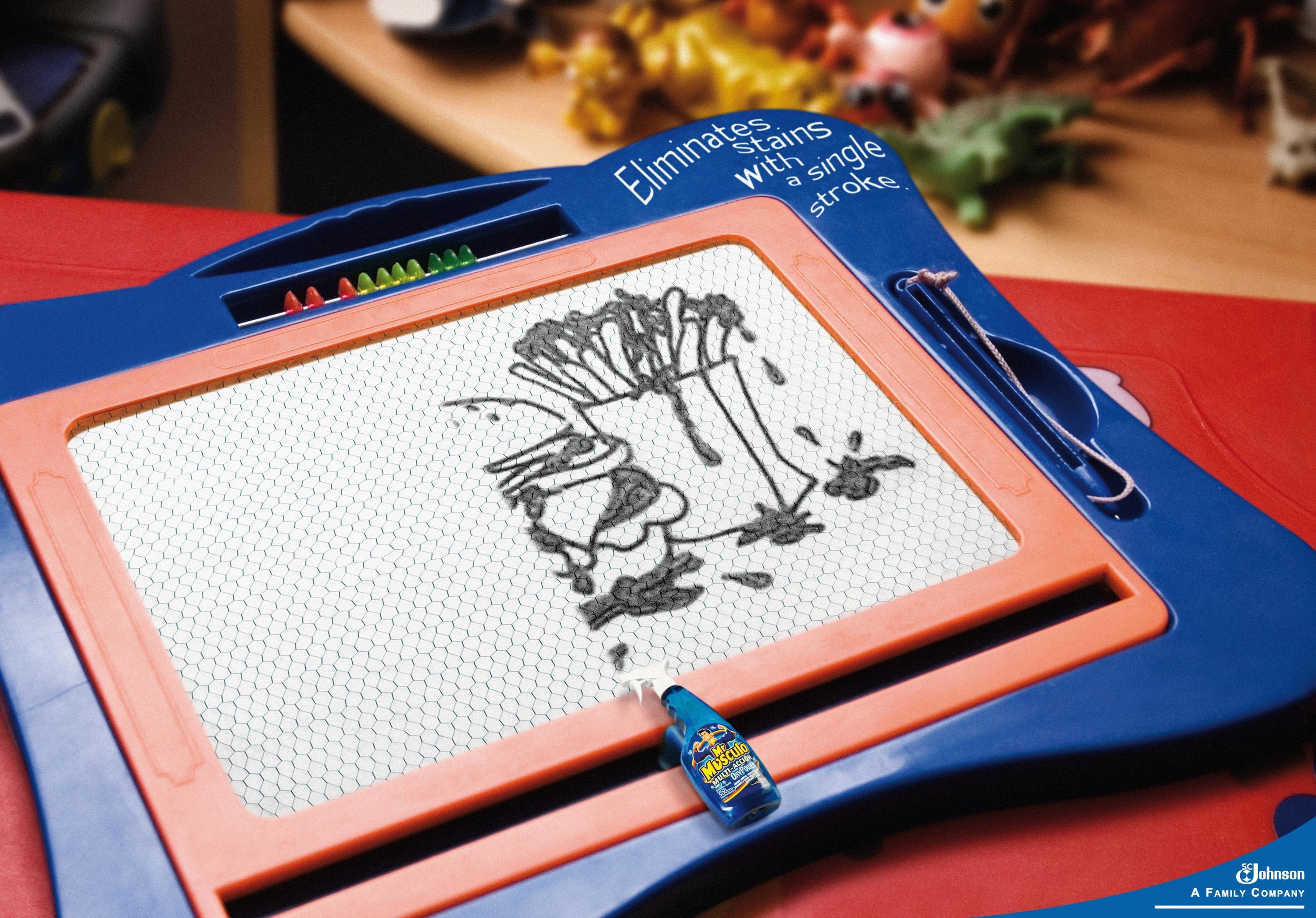Cannes Lions
Not the Science Type
KETCHUM, New York / 3M / 2022


Overview
Entries
Credits
Overview
Background
Global science company 3M has a long history of investing in STEM equity, knowing diversity in science is critical to innovation, growth, and furthering its mission to solve global problems.
The fact remains that women of color still make-up only 5% of the science and engineering workforce. 3M’s research study, the State of Science Index, uncovered the reasons for this diversity gap. Social norms discourage women and girls from pursuing science, while creating specific identifiers for what “a scientist should look like,” from race and gender to clothing choices and social manners. Minority women have been disproportionately discouraged from seeing themselves as scientists, technologists, engineers, or mathematicians.
3M set out to correct this picture with “Not the Science Type,” an illuminating documentary film series about four female scientists of color who defy the bias and odds – despite being over-looked, underestimated, and discouraged from being their authentic selves.
Idea
Bias forms from the inability to see the world through someone else’s eyes. When asked to picture “the science type,” most envision a white man, a white lab coat, and an awkward social nature. To directly address the bias about female scientists found in 3M’s State of Science Index, we produced Not the Science Type, a documentary film series that challenges society’s pervasive perceptions about “the science type”. Not the Science Type confronted this prejudice head on, following four remarkable female scientists of color as they defy the odds, rise in prominence and challenge systemic gender, racial, and age discrimination.
Not the Science Type sparked a deeper conversation about these biases and their negative impact on STEM diversity, equity and inclusion, empowering today’s young women and minorities to see and imagine themselves as future science innovators.
Strategy
Our goal was to champion marginalized female and minority voices by giving them a platform to speak their truth. Our documentary film series shows the human side of 3M’s research study, revealing the race and gender prejudices still faced by girls, women and minorities pursuing STEM careers. Our message was, “If you can see me, you can be me.”
To reach and inspire them, our film needed to be authentic enough to be accepted at the world’s leading film festivals, yet relatable enough to be shared with underrepresented young students in schools. We chose a diverse cast of women, each with a unique story to tell, and each at a different stage of their journey in science: Current AAAS If/Then Ambassadors Dr. Jessica Taaffe and Dr. Ciara Sivels, 3M chief science advocate Dr. Jayshree Seth, and 15-year-old inventor and TIME magazine’s first ever “Kid of the Year,” Gitanjali Rao.
Execution
Not the Science Type launched during the 20th Anniversary Tribeca Film Festival at a private screening event hosted by EMMY award-winning TV talk show host and former engineer Loni Love, and attended by leading STEM influencers and major media outlets.
The film achieved official selection at 19 additional film festivals in three countries, and was released on premium VOD platforms including Apple TV, Google Play, Vimeo and Roku, as well as 3M’s YouTube channel and social media properties.
16 top STEM influencers amplified the film’s themes and shared personal career path stories using #ScienceLooksLikeMe. Editorial content produced with the Washington Post highlighted trends from 3M’s State of Science Index research study on STEM inequity. We partnered with Teach for America and other nonprofit organizations to share the film with disadvantaged K-12 youth in schools across the U.S. and developed study guides for STEM instructors to drive culturally relevant dialogue.
Outcome
The documentary film series helped 3M own the conversation around STEM inequity. It’s been translated into 13 languages and accepted to 19 film festivals internationally. We earned 68 high profile media stories delivering 625MM earned media impressions around the Tribeca launch, including on Cheddar, CNBC.com, PIX 11 and CNET (shared 1,000+ times across social media), and drove 92.8K visits to the campaign’s webpage.
Leading STEM influencers generated 46.7MM social impressions, 17MM engagements (achieving a 13% average engagement rate, highlighted by Gitanjali Rao’s benchmark-shattering 23% engagement rate).
The film substantially strengthened opinion leaders’ perceptions of 3M as a purpose-driven company, including its “commitment to solving the world’s problems” (+22 percentage points), “making science accessible for everyday people” (+21 percentage points), and “working on aspirational solutions for the future” (+18 percentage points).
After watching the film, favorability of 3M jumped from 40% to 72%. 85% of opinion leaders cited 3M as “the top company doing the best job of encouraging women and girls to pursue STEM educations and careers”– ranking significantly higher than Pfizer (48%), IBM (33%), P&G (26%), J&J (24%), Honeywell (22%), Siemens (17%).
Festivals continue to officially select the film. It’s been named “Most Inspirational Film” in the American Documentary Film Festival (AmDocs).
Importantly, the film is reaching minority girls in K-12, enabling them to see themselves as future scientists. Between Teach for America, whose instructors serve marginalized U.S. communities, and other nonprofits, the film has been shared with 367,000+ students across 2,400+ schools. Its exposure will continue to grow.
Similar Campaigns
12 items







